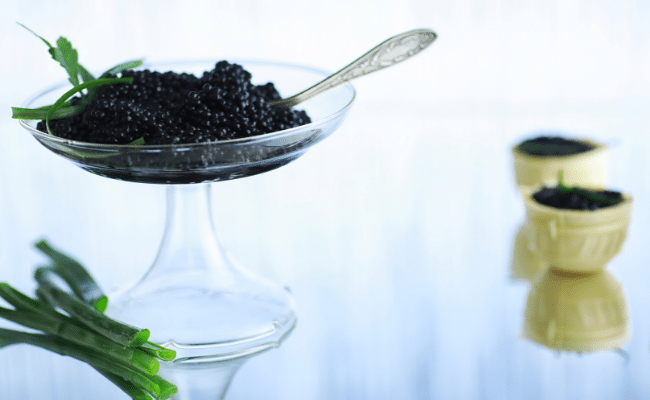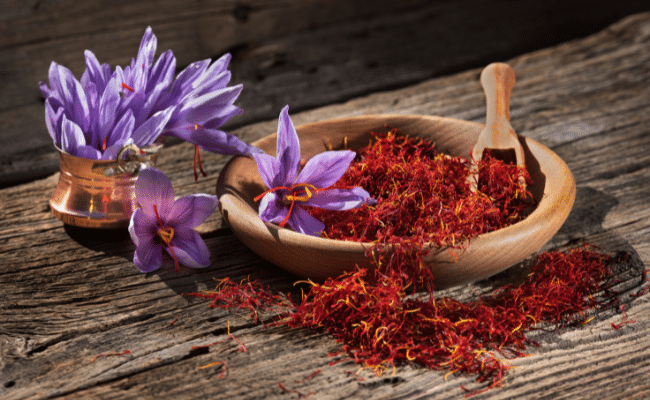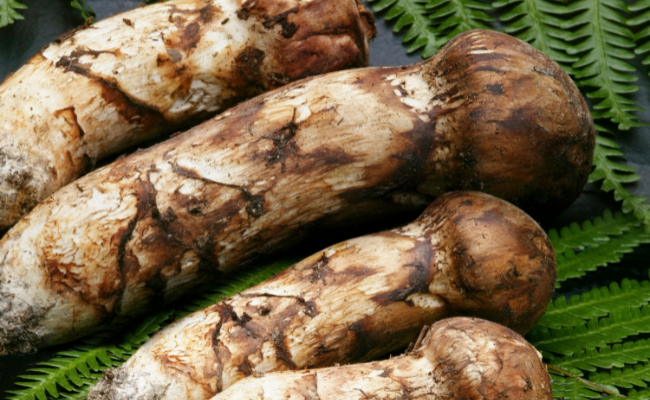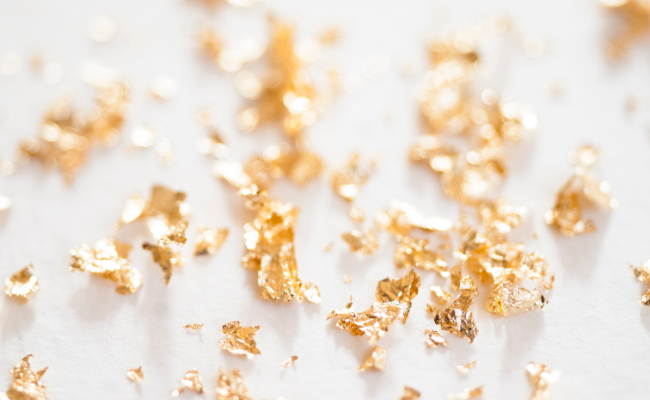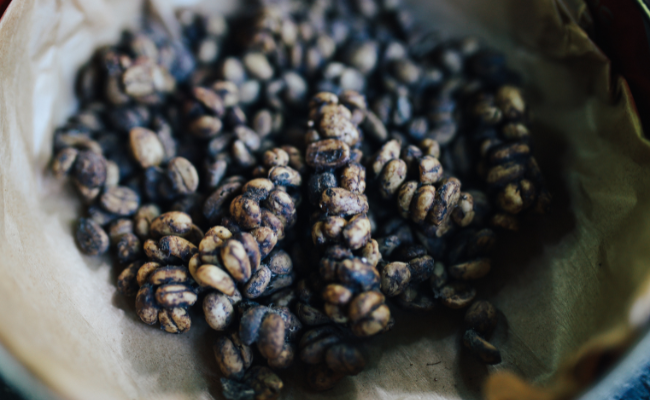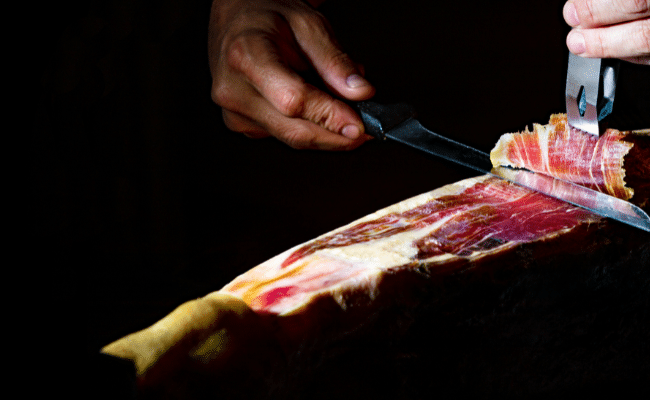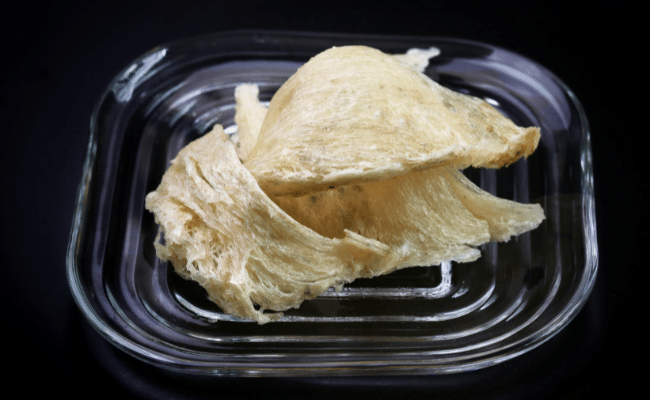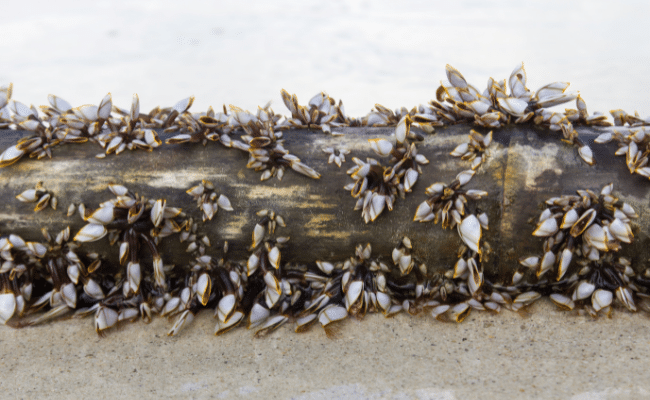Here are the world’s most expensive cooking ingredients
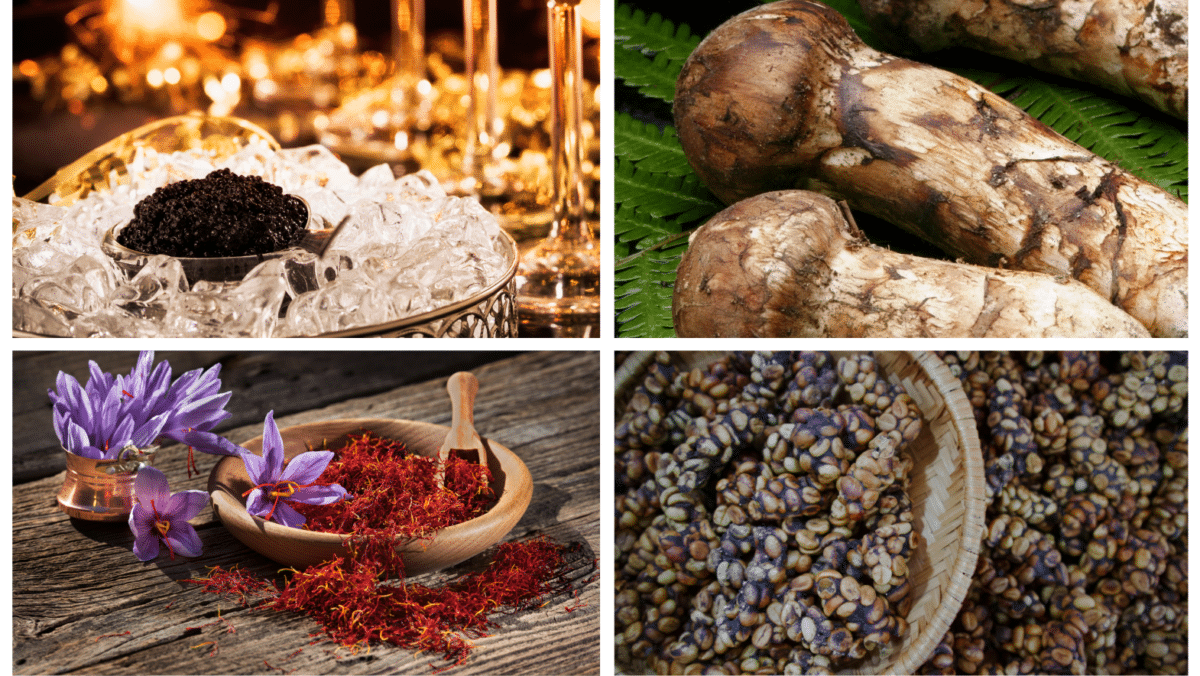
What makes a great dish? The best ingredients. They can turn the ordinary into the sublime, but can come with a hefty price tag.
These unbelievably expensive delicacies can take haute cuisine to a whole new level. If you’re an enthusiastic explorer of culinary wonders, here’s a list of the most expensive cooking ingredients.
10 most expensive cooking ingredients
White Truffles
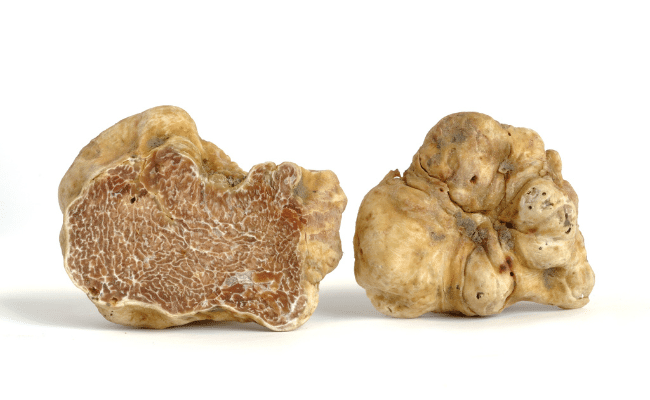
Price: $3,000 to $4,000 per pound
Often dubbed as the “diamonds of the kitchen,” these fungi are primarily found in Italy’s Piedmont region and, occasionally, in some parts of Slovenia and Croatia.
White truffles are the most precious and expensive type of truffle because they cannot be cultivated like black truffles. Their earthy and aromatic flavor can make for a decadent dish.
Kobe Beef
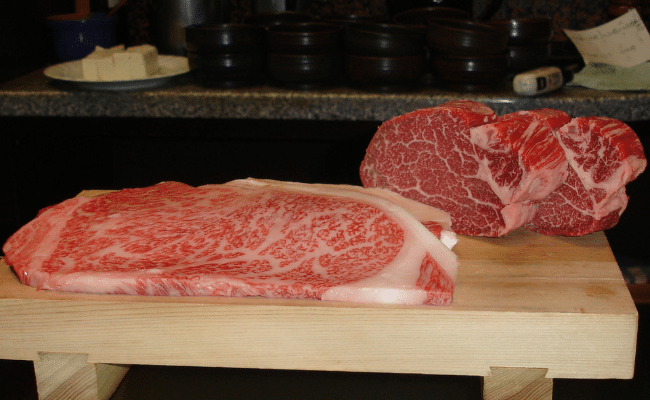
Photo from Wikipedia
Price: $1.76 per gram or $352 for a 200-gram steak
The epitome of luxury, the Japanese Kobe is among the most expensive ingredients. It’s sourced from a particular breed of Wagyu cattle raised exclusively in Japan’s Hyogo Prefecture.
Earning the Kobe label requires the meat to meet stringent standards, including an impeccable quality and high rating. What makes it pricey? Only 3,000 to 4,000 cattle are brought to the market annually.
Beluga Caviar
Price: $29.50 per gram
Due to its rarity and exclusivity, Beluga caviar commands high prices. It is harvested from the endangered Beluga sturgeon. Iranian Beluga is the most expensive, with an astounding price of over $29,500 per kilogram.
Highly prized for its buttery, delicate flavor and velvety texture, this lavish treat is best enjoyed by spooning it onto the palms and savoring it at body temperature.
Saffron
Price: $10-$20 per gram
This “golden spice” is also golden in price. Among the most expensive ingredients, saffron is harvested from the stigma of the saffron crocus flower, predominantly found in Iran.
With only three strands of saffron yielding from the flowers, the labor-intensive procedure of handpicking justifies its high price. These flavorful threads are a staple in dishes like paella and risotto — infusing a floral aroma.
Matsutake mushrooms
Price: $2,200 per kilogram
Often compared to truffles, these mushrooms are among Japan’s culinary treasures. Found beneath the roots of red pine trees, they cannot be cultivated, making them a rare seasonal delicacy that commands a hefty price.
Mixed in a dish or served in a soup, matsustake mushrooms infuse an earthy richness that makes them a sought-after ingredient in Japanese cuisine.
Edible gold
Price: $2.99 per sheet
If you can flex gold, you can also devour it. One of the ultimate symbols of culinary extravagance, edible gold transforms ordinary dishes into lavish experiences.
Mostly topped on luxurious desserts and cocktails, the 24-carat gold leaf is safe to consume and surprisingly tasteless. It’s just purely for show and that added bling to the dining experience.
Kopi Luwak
Price: $150 for 100 grams of beans
Looking for a rare brew? Prepare to shell out $100 bucks for a cup of coffee. Often touted as the world’s most expensive coffee, it owes its distinct aroma from an unusual method.
Its beans are eaten and digested by civet cats and then collected from their feces before getting thoroughly cleaned and roasted. The fermentation process inside the civet’s digestive system is said to give the coffee its smooth and rich flavor with hints of caramel and chocolate.
You may also like: Love coffee? Here are PH destinations to visit
Iberico ham
Price: $3,600 per leg
Jamón Ibérico is a delicacy made from acorn-fed Iberico pigs in Spain and Portugal. It’s considered the world’s most expensive cured meat because of its unique feeding and curing process, limited production and labor-intensive hand-carving.
A leg of this umami-rich and buttery ham could cost a fortune, making it one of the most expensive ingredients in the charcuterie world.
Swiftlet nests
Price: $2,000 per bowl for white nests and $10,000 per bowl for red nests
The “caviar of the East,” famed for the bird’s nest soup, is made from the hardened saliva of swiftlets, also believed to have several health benefits.
While the price of swiftlet nest varies with the rare red being the more costly, these nests also stand as a status symbol for the Chinese.
Gooseneck barnacles
Price: $500 per kilogram
These are not for the faint-hearted, especially for its price. Harvested from the treacherous rocks along the coast of Galicia, Spain, these crustaceans are pricey due to the dangerous nature of collecting them.
Its taste is a cross between clams and lobster with a sweet flavor.

